Optimal Seasons for Garden Fence Installation
Spring offers moderate temperatures and longer daylight hours, making it suitable for fence installation. Soil is often moist from winter, easing digging, but early spring can have unpredictable weather.
Summer provides warm, dry conditions ideal for construction. However, high temperatures can cause delays, and extreme heat may affect material handling and worker comfort.
Autumn features cooler temperatures and less rain, providing a good window for fencing. Falling leaves and early frost can pose challenges, but soil remains workable.
Winter is generally less recommended due to frozen ground and harsh weather conditions. However, in milder climates, it can be feasible with proper planning.
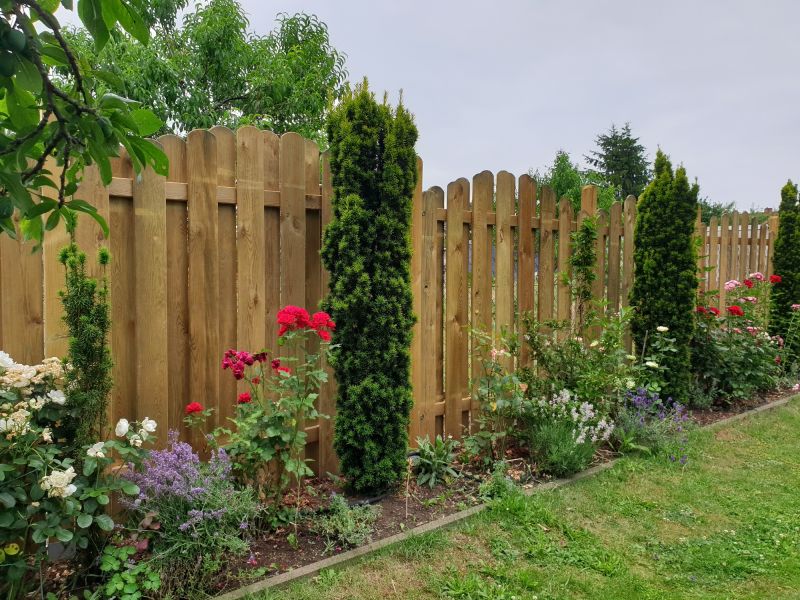
Ways to make Garden Fence Installations work in tight or awkward layouts.
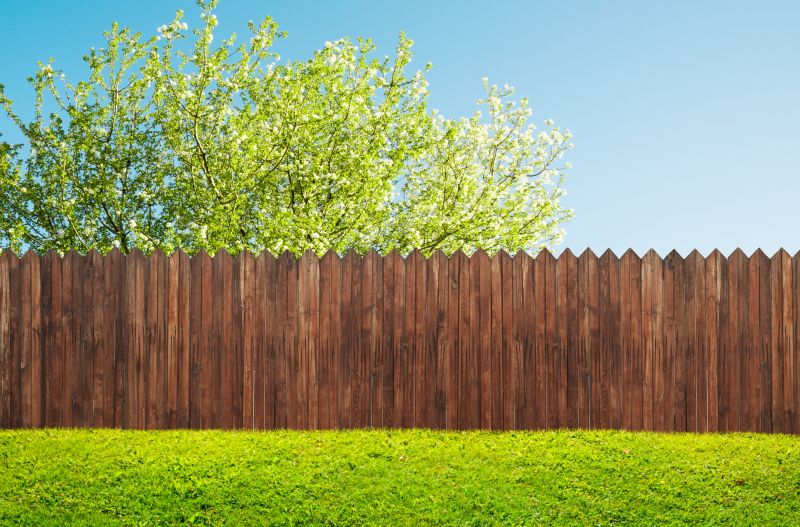
Popular materials for Garden Fence Installations and why they hold up over time.
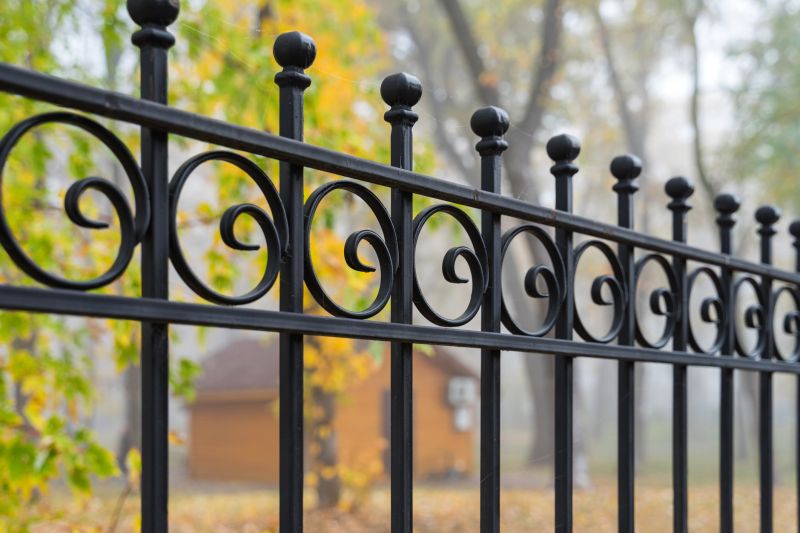
Simple add-ons that improve Garden Fence Installations without blowing the budget.
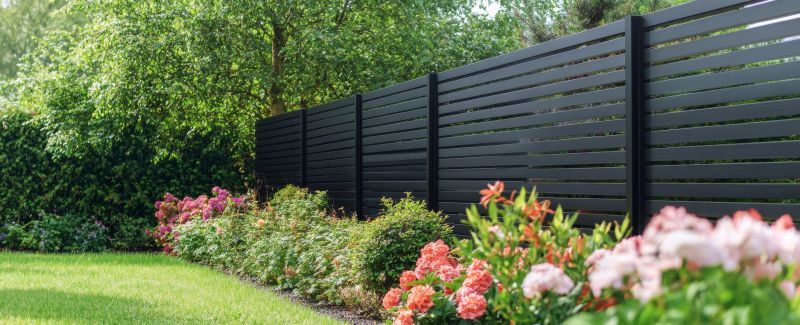
High-end options that actually feel worth it for Garden Fence Installations.
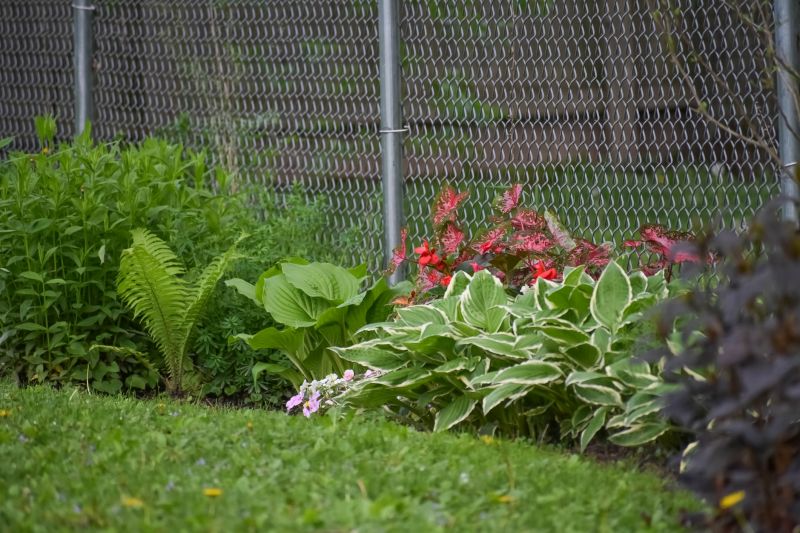
Finishes and colors that play nicely with Garden Fence Installations.
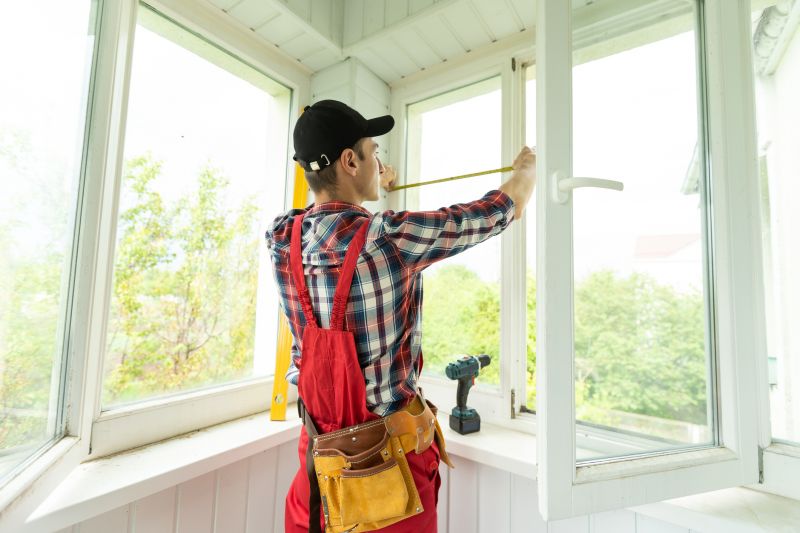
Little measurements that prevent headaches on Garden Fence Installations day.
Garden fence installations are influenced by seasonal weather patterns and soil conditions. Proper timing can enhance the longevity of the fence and reduce the risk of issues such as warping, shifting, or damage from moisture. In regions with moderate climates, fence projects can be scheduled year-round with appropriate precautions. Conversely, areas with extreme weather may require scheduling during specific seasons to avoid delays and ensure optimal results.
| Season | Recommended Timing |
|---|---|
| Spring | Late March to early June |
| Summer | June to August |
| Autumn | September to November |
| Winter | December to February |
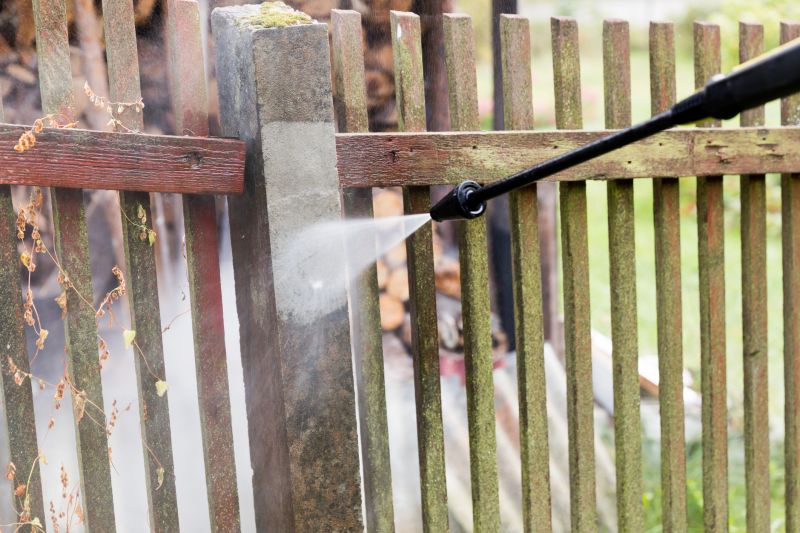
A 60-second routine that keeps Garden Fence Installations looking new.
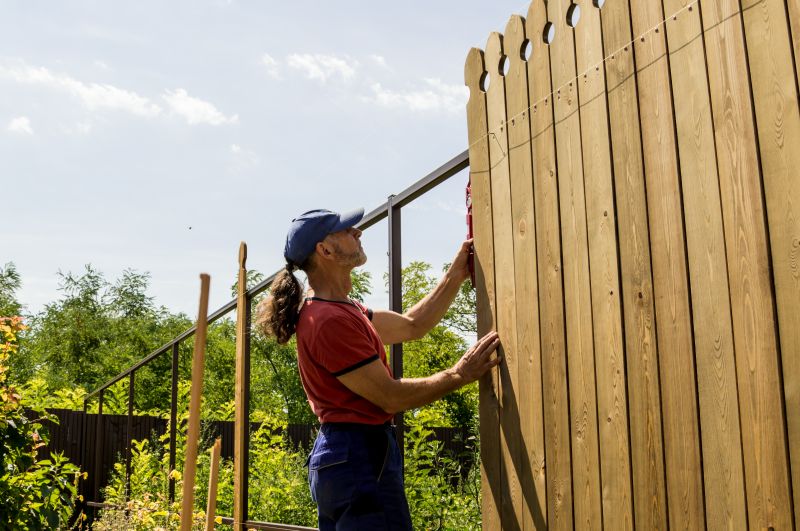
A frequent mistake in Garden Fence Installations and how to dodge it.
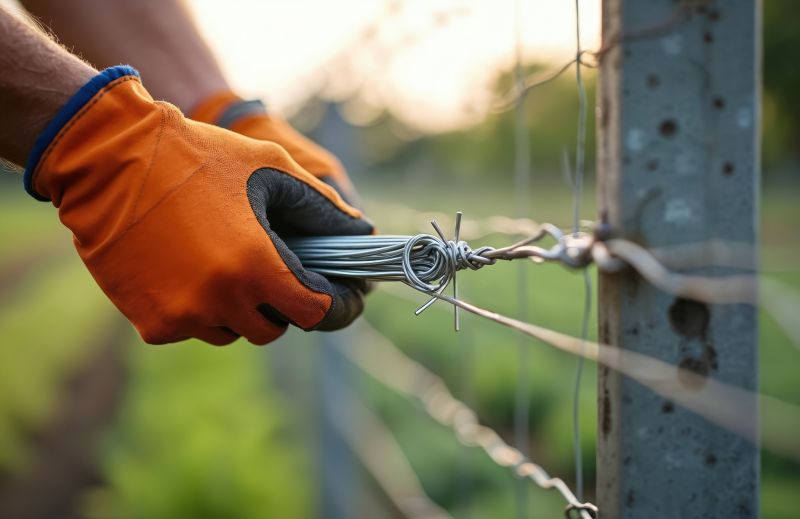
Small tweaks to make Garden Fence Installations safer and easier to use.
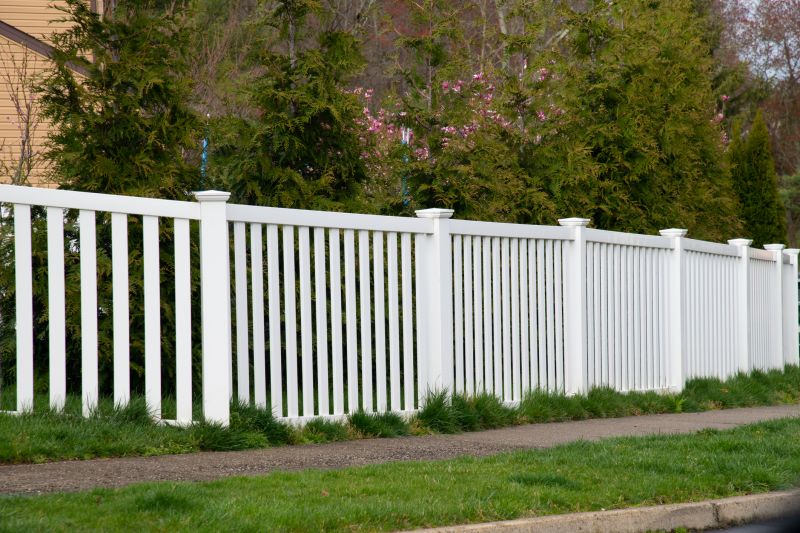
Lower-waste or water-saving choices for Garden Fence Installations.
Understanding the best time for garden fence installation can help ensure a durable, cost-effective, and efficient project. Proper preparation, including soil assessment and weather forecasting, contributes to successful fencing outcomes. Consulting local climate patterns and experienced professionals can further optimize scheduling.
Interested in scheduling a garden fence installation? Fill out the contact form to get started with expert assistance and detailed planning tailored to specific seasonal conditions.



